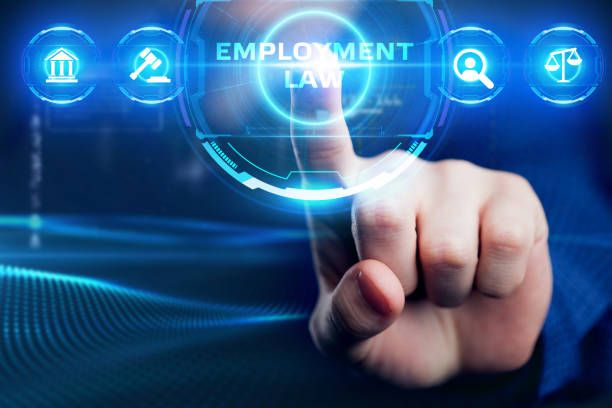Uber Drivers not Contractors but Employees
General, Agreements, Cases, Employment Law / 25 November 2022

The Employment Court recently issued a second decision on Uber drivers challenging their status as independent contractors, finding this time that these four workers were employees, where a different judge held the opposite in a separate 2020 case.
Case details
In this Uber case, the Court considered the following factors:
- the nature of the Uber business and the way it operated in practice;
- the impact of the business model and its operation on the plaintiff drivers;
- who benefited from the work undertaken;
- who exercised control over the work, the way in which it was conducted and when and how it was conducted; and
- the extent to which the drivers identified as, and were identified by others as, part of the business.
Under each of these headings, the Court made the following observations in determining that Uber asserted a high level of control and subordination which characterised the relationships with its drivers:
- Uber dictated contractual terms by requiring drivers to accept terms and conditions set by Uber in order to use the App which connected them with riders.
- Uber sets the fares of each trip, and charges that to the customer itself. The rider pays Uber the fare for the trip, and then Uber pays the driver the fare, minus a services fee which Uber determines and which it deducts before payment is made to the driver for the ride.
- Uber retains the right to change the fare or delivery fee calculation at any time and in its sole discretion, to review or cancel and fare, and to make a full or partial refund to a customer.
- Uber asserted significant control through its reward schemes, by incentivising drivers to accept rides and work at peak hours, and by withholding rewards if drivers did not maintain a certain level of rating.
- The plaintiffs obtained work via Uber and Uber’s brand, and it was Uber which connected the customer with the driver, rather than the driver.
- The plaintiffs were not free to organise their work other than in respect of when and if they logged in to the Uber App and the rides they accepted or declined.
- There was no ability for the plaintiffs to build their own business – the only way to make more money was to driver longer hours.
- It was acknowledged that although the plaintiffs were able to decline or accept work, that decision was not truly free in that it came with consequences such as limiting the driver’s pay.
Having been determined as employees, the four plaintiffs, three of whom no longer work for the company, will be entitled to the statutory employment protections during the period they were with the company. These protections include minimum wage, annual leave, sick leave, Kiwisaver contributions, and the right to unionise and collectively bargain.
Message for Employers
While this case outcome is only made in respect of the four claimants here, and does not mean that all Uber and other ride share drivers are automatically now employees, the outcome is significant both globally, where Uber drivers continue to legally challenge their place in the developing labour market driven by what has been termed the “gig economy”, and locally where scrutiny of independent contractor arrangements continues following several recent Employment Court decisions.
Other cases where contractor status has been successfully challenged include construction and couriers, which have primarily operated using contractors until now and in this landscape, we also have the Tripartite Working Group of New Zealand, set up to make recommendations to Government regarding clarity around the definition of “employee” following these disputes.
If you have not had your independent contractor arrangements reviewed recently, the risk of challenge in the current landscape is significant and we recommend seeking advice on these to ensure the relationship is accurately reflected.
Disclaimer: We remind you that while this article provides commentary on employment law, health and safety and immigration topics, it should not be used as a substitute for legal or professional advice for specific situations. Please seek legal advice from your lawyer for any questions specific to your workplace.